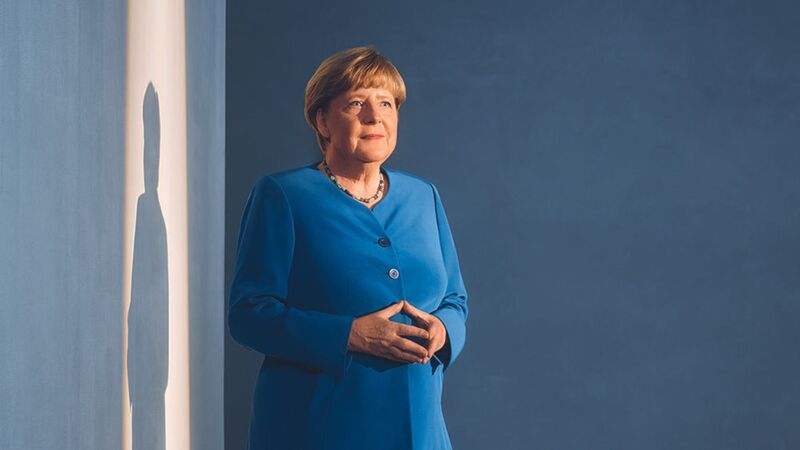You are viewing your 1 free article this month. Login to read more articles.
John Spurling's Top 5 Books About China
Symbols of Eternity: the Art of Landscape Painting in China by Michael Sullivan
Sullivan’s introduction begins: "The first impression the reader will almost certainly get on leafing through the pictures in this book is that they are very agreeable to look at." The same can be said of his text. It is very agreeable to read. Based on his Slade Lectures for Oxford University in 1974, published in 1979, this is surely still the best account of its subject, ranging from the Tang Dynasty in the 7th century to Mao’s China in the 20th.
A History of Chinese Civilization by Jacques Gernet
It really is what the title claims, very long and detailed, with maps, tables and illustrations. It was first published in France in 1972 and in England ten years later. The translation, especially compared with Sullivan’s friendly book, is a bit lumpen-academic, but perhaps the original French was too. However, the knowledge it contains is staggering, including of course the amazing dates of China’s inventions in advance of the rest of the world - the first suspension bridges in about 600 AD, ‘flying money’ (bankers’ bills) in 806, the first canal lock in 984, the first printing with movable type in 1048, paper money in the 11th century, porcelain in the 12th and more.
Three Kingdoms attributed to Luo Guanzhong
China’s answer to War and Peace, set in the 2nd and 3rd Centuries AD, written either in the 14th or 16th Centuries - scholars are divided. Immensely long but always gripping, it begins with this devastatingly accurate summary of Chinese history: "The empire, long divided, must unite; long united must divide. Thus it has ever been." My favourite passage is the trick played by the great strategist Zhuge Liang when he’s caught in a walled city with very few defenders by a huge advancing army. He opens the gates and sits in full view playing his lute in a tower, while a few soldiers brush the entrance. The enemy general, knowing the man’s cleverness, assumes this is a trap and leads his army away.
The Garden of Forking Paths by JL Borges
Only a short story, but like most of Borges’ best stories it’s really a condensed novel. It’s not set in China, but in England, where a Chinese spy, working for Germany in the First World War, regretfully murders a distinguished English Sinologist. The story appears in Borges’ first book to be published in English, Ficciones. China evidently fascinated Borges - in another very brief story an Emperor commissions a map of his empire - to be the same size as the empire.
Madly Singing in the Mountains: An Appreciation and Anthology of Arthur Waley edited by Ivan Morris
Arthur Waley’s robustly romantic translations transform Chinese poetry into English poetry yet remain entirely Chinese in spirit. One is instantly transported into that long-ago world of retired or exiled scholar-administrators. Waley opened innumerable minds to the beauties of Chinese literature, although he never went to China and first learnt Chinese by reading the inscriptions on Chinese paintings and only the better to do his job in the British Museum. He died in 1966 and this book, covering his Japanese translations as well as his private life, was published in 1970.
The Thousand Things by John Spurling is out now from Duckworth.














